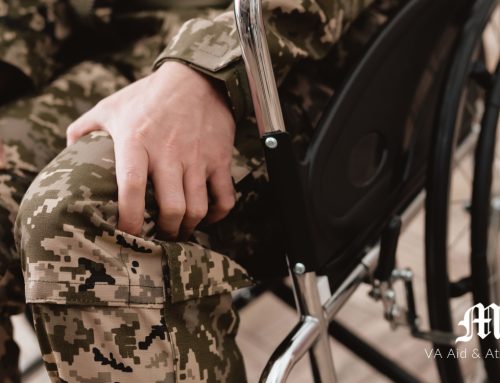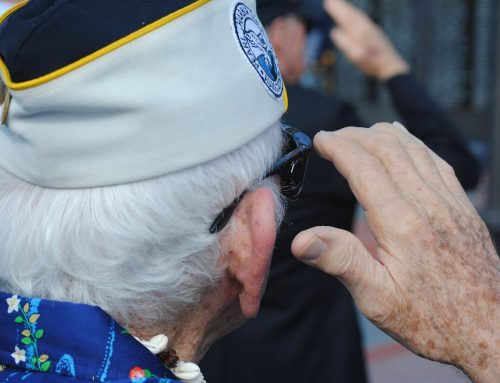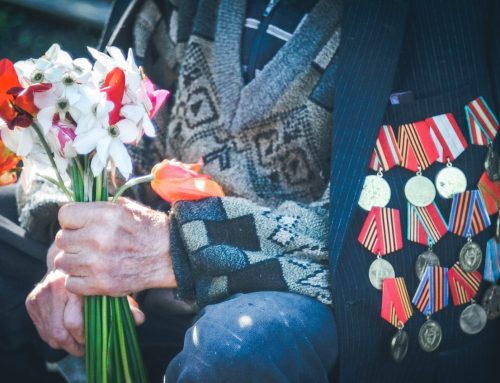VA Benefits | Are you the surviving spouse of a wartime veteran? Because of your spouse’s military service, you may be eligible for the Department of Veterans Affairs’ Aid and Attendance benefit. This monthly tax-free benefit can ease the financial burden if you need the assistance of another person to help you with the activities of daily living.
Eligibility for the Spouse
The main thing to remember is that the benefit is tied to the veteran. So the eligibility process starts with the deceased veteran in this case. First up is time and type of service. The veteran must have served a minimum of 90 days active duty, with at least one of those days coming during a recognized wartime period. Here is the VA’s complete list of wartime periods for pension purposes. Next, the veteran must have left the service with a better than dishonorable discharge.
Some of the next eligibility steps now involve the relationship between the veteran and the surviving spouse. The marriage must be a valid marriage, verified by either a certificate or other document filed with a government agency. The VA forms request specific information regarding the date, place and type of ceremony for the marriage, and may require proof that a previous marriage to another person ended with a legal divorce or death. Also, the marriage must have been at least one year in length before the veteran died, and the surviving spouse must not have remarried.
Next come the age and the needs of the surviving spouse. The Aid and Attendance benefit is for those who are 65 and older. They must also show the need for the assistance of another person with the activities of daily living. These ADLs, as they are called, are eating, bathing/showering, dressing, toileting, walking, and meal preparation. To demonstrate this need, the surviving spouse’s physician is required to fill out a form that details these needs.
The Toughest Part of the Equation
Finally, the surviving spouse must meet the income and asset requirements. A thorough examination of the financial picture is important. Certain assets (house, car) are exempt from VA consideration, where others (individual IRAs, bank accounts, etc.) are counted. A VA-accredited attorney knows what questions to ask, how to count up the assets under the VA rules, and more important, how to get someone qualified if he or she is over the limit.
Then comes the application process. Where a veteran seeking the Aid and Attendance would use the VA form 21p-527EZ, the surviving spouse uses a different form, form 21-534EZ. Again, an accredited attorney can navigate you through the maze of forms.
Help is a Phone Call Away
Mortellaro Law has been serving veterans and their families for more than a decade in the Tampa Bay area. Michelangelo Mortellaro is a VA-accredited elder law attorney who has experience in filing for VA Aid and Attendance benefits. Michelangelo’s initial consultations are always free. Call today and begin the road to financial assistance tomorrow.





